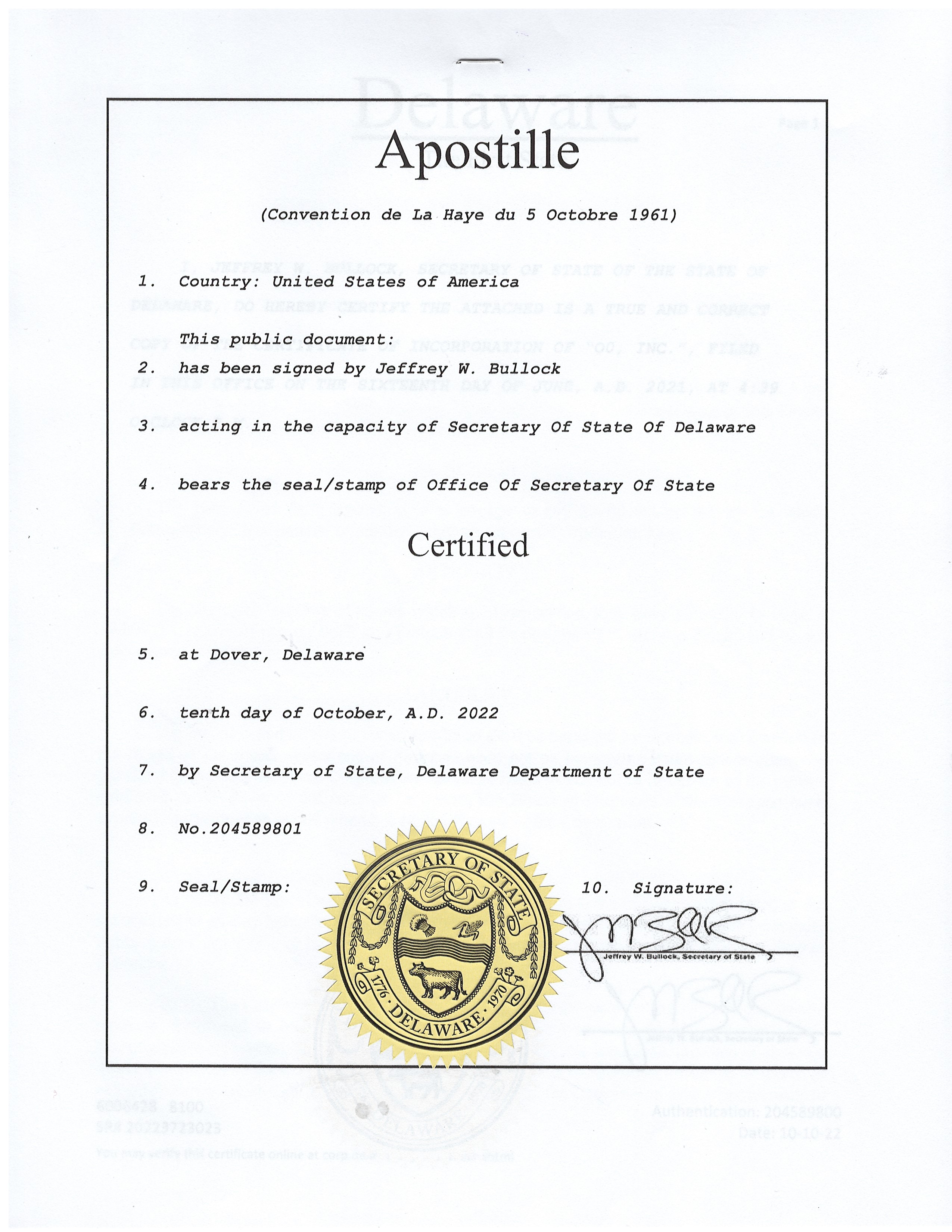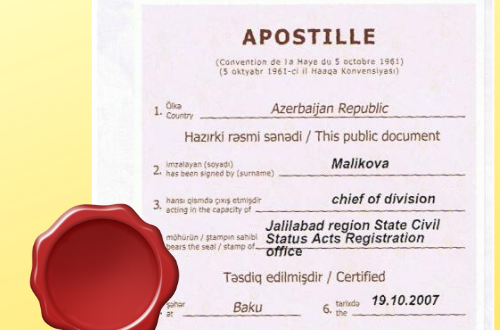Structured Apostille Process in Houston TX
Structured Apostille Process in Houston TX
Blog Article
Delving Into the Reasons Behind the Necessary Demand of Apostille Accreditation for Legal Papers
In the realm of legal documents, the mandatory requirement of apostille qualification has actually come to be an essential facet that considerably influences the validity and recognition of lawful papers on an international range. Understanding the reasoning behind this need includes delving into the elaborate web of lawful intricacies, historical precedents, and international arrangements that highlight the significance of apostille certification in today's interconnected globe. By checking out the underlying reasons behind this prevalent demand, a clearer picture emerges of why this apparently governmental process holds such immense value for individuals, organizations, and federal governments alike.
Historical Advancement of Apostille Accreditation
How did the principle of apostille certification advance in time to come to be a vital part of worldwide document recognition? The historic development of apostille qualification dates back to the very early 20th century. The need for a simplified approach of validating papers for use across boundaries became evident as international trade and traveling raised. In reaction to this demand, the Hague Conference on Personal International Regulation presented the Apostille Convention in 1961. This international treaty established a structured procedure for certifying the authenticity of papers to be recognized in member countries.
Originally taken on by a couple of European countries, the Apostille Convention gradually gained global acceptance due to its effectiveness and efficiency in confirming the authenticity of official papers. Throughout the years, the convention's reach increased as even more countries signed up with, identifying the apostille as a globally accepted type of paper authentication. Today, apostille accreditation has actually ended up being a common need for verifying lawful papers in international transactions, ensuring smooth interaction and lawful process between nations.
Simplifying International Document Legalization
The streamlining of global document legalization treatments has actually substantially boosted effectiveness in cross-border deals. Streamlining the process of legalizing papers for global usage has ended up being critical in helping with swift and seamless deals in between nations. One of the essential systems that have actually added to this simplification is the fostering of the Apostille Convention, which provides a standardized technique for confirming the credibility of records throughout participating nations.
By adhering to the Apostille requirements, countries accept acknowledge each various other's public papers as legitimate without the demand for more legalisation. This removes the frequently troublesome and prolonged process of several authentications by different authorities, saving time and resources for people and businesses taken part in global tasks.

Making Certain Paper Authenticity and Validity
To make certain the authenticity and credibility of lawful files in global transactions, strict confirmation processes are vital. By calling for apostille certification for lawful documents, authorities aim to verify the beginning of documents and confirm the trademarks of people involved.
Furthermore, validating the credibility of legal files via apostille qualification enhances count on and self-confidence amongst events taking part in worldwide deals. It gives guarantee that the documents presented are authentic and lawfully binding, therefore reducing the risks associated with deceitful tasks. In addition, ensuring document validity through apostille accreditation streamlines the legalisation procedure, making it a lot more reliable and efficient for individuals and organizations performing organization throughout boundaries. Inevitably, by promoting rigorous confirmation requirements, apostille accreditation adds to a more secure and clear global lawful framework.

Assisting In Cross-Border Legal Recognition
In the realm of international purchases, the apostille accreditation not only guarantees the credibility and legitimacy of legal files but additionally plays an essential function in facilitating cross-border lawful recognition (Houston Apostille). When legal documents bear an apostille certification, they are easily accepted by international authorities without the requirement for further confirmation. This streamlined procedure accelerates the acknowledgment of records in different countries, advertising efficiency and lowering administrative hurdles in lawful issues that go beyond national limits
Promoting cross-border legal recognition with apostille qualification cultivates trust and confidence in the authenticity of papers traded in between nations. By adhering to the standards set forth by the Apostille Convention, nations agree to recognize the apostille seals attached to records from various other participant nations, thus simplifying the process of legal recognition across borders.
Compliance With International Treaty Criteria
Compliance with worldwide treaty requirements is imperative for ensuring the uniform application check that of legal regulations across participating nations. The Apostille Convention, developed in 1961, lays out the needs for the approval of public records amongst participant countries. By adhering to the standards set forth in this treaty, countries devote to identifying the legitimacy of each various other's authorities files without the requirement for further authentication - Houston Apostille. This mutual acceptance streamlines the process of cross-border document acknowledgment, advertising effectiveness and decreasing bureaucratic hurdles.
The Apostille qualification, as mandated by the treaty, works as a guarantee of credibility for files such as birth certifications, marriage licenses, court judgments, and notarized YOURURL.com deeds. This standard approach helps stop fraud and makes certain that legal documents originating from one participant country are conveniently accepted in an additional. By complying with worldwide treaty criteria, nations show their dedication to supporting the concepts of openness, count on, and participation internet in legal matters on an international scale.
Final Thought

In the realm of legal documents, the mandatory requirement of apostille accreditation has actually come to be an essential aspect that substantially influences the legitimacy and acknowledgment of lawful papers on an international scale. Today, apostille certification has ended up being a common need for confirming lawful documents in global purchases, making certain smooth interaction and lawful process in between countries.
In addition, validating the credibility of lawful papers with apostille accreditation improves depend on and confidence among parties engaging in international purchases.In the world of global purchases, the apostille accreditation not only guarantees the authenticity and validity of lawful records yet likewise plays a crucial role in promoting cross-border legal recognition. By sticking to the requirements set forth by the Apostille Convention, nations concur to recognize the apostille seals attached to documents from various other participant countries, hence streamlining the process of lawful acknowledgment across boundaries.
Report this page